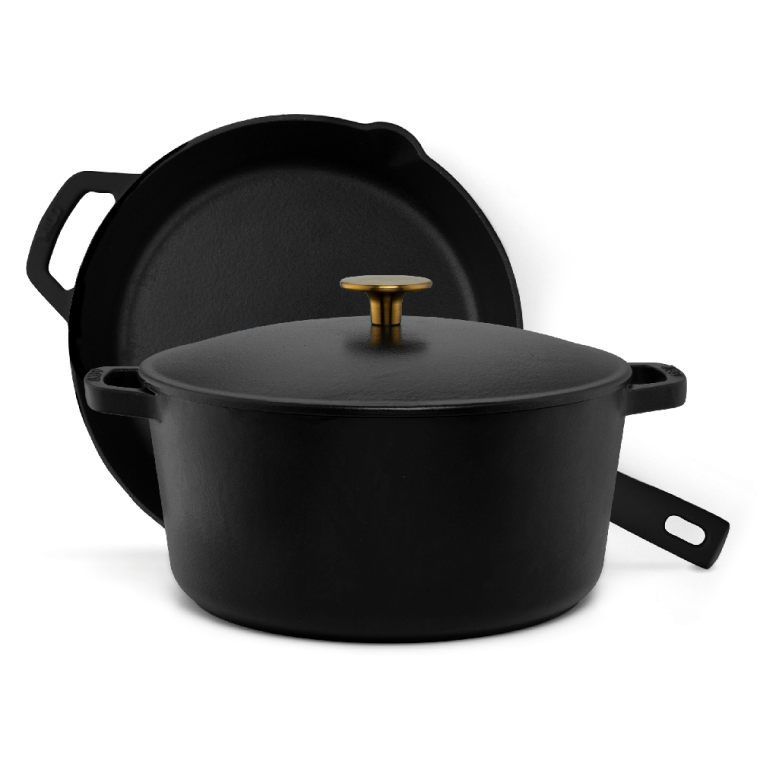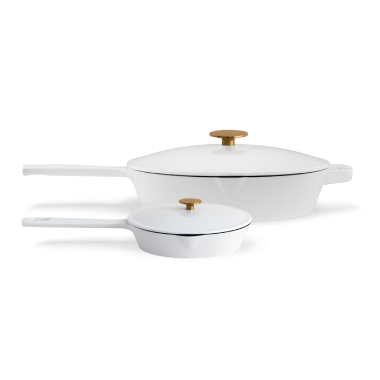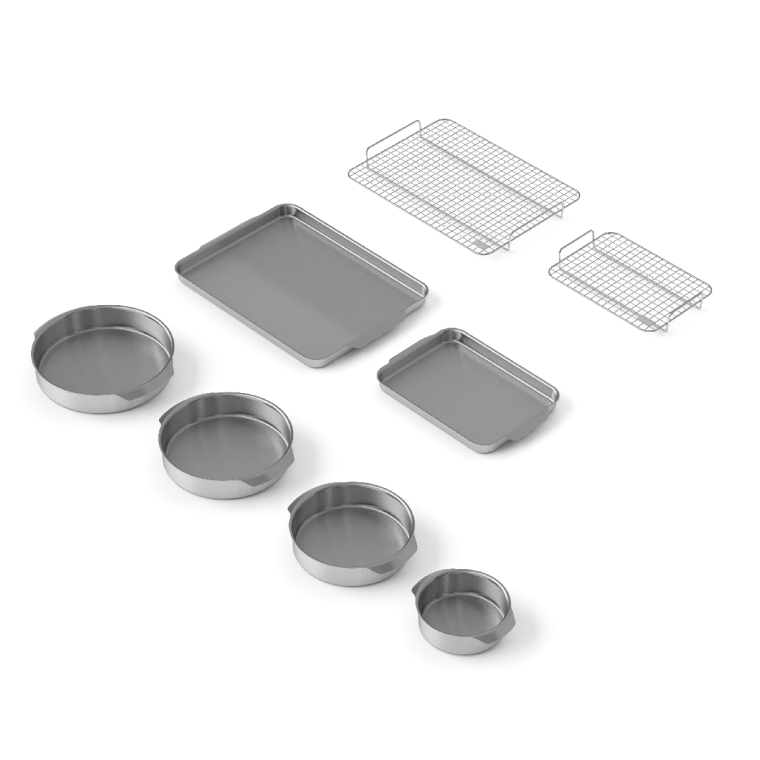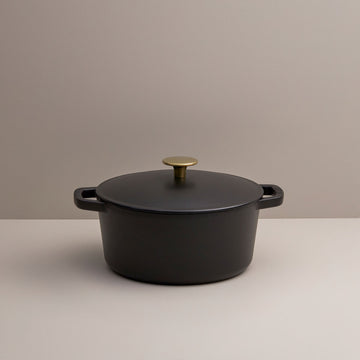Spending less on meals doesn't have to be hard with these 5 tips

With the rising cost of food it is more important than ever to try and keep your meal budget in check. Using a few simple strategies and a little creativity you can have delicious and budget-friendly meals every day of the week.
With the cost of food continuing to rise, it is more important than ever to try and keep your food budget in check. People tend to bristle a bit at the thought of cutting some of their food costs, as they’re worried that it means they will be eating boring, sub-par meals. But, spending less on food doesn't mean that you need to compromise on quality. By getting a little creative with how you approach your weekly meals, you can easily bring down your weekly food bill.

Get organized
Having your kitchen and pantry organized isn’t just about having pretty bins and fancy labels, it’s about knowing exactly what you have and where to find it. Getting organized is about saving yourself time and money. So before you hunker down and try to figure out your meals for the week, try setting aside some time to get your fridge, freezer and pantry organized.

Take inventory of your fridge and freezer
When was the last time you did a really thorough clean out of your fridge and freezer? Bonus if you can remember the crazy amount of food that you had to throw out because it had gone bad, was covered in freezer burn or was growing things on it. Setting aside some time to go sort through these spaces can have a huge impact on your food spending. It gives you the chance to catch items before they become inedible and incorporate them into upcoming meals. For some it’s enough to simply go through these spaces to rebuild your mental inventory, but you can also jot down the items that need to be used soon. Let those items inspire you as you decide what will be going on your menu that week.
JOIN THE CLUB
Like this story?
You’ll love our newsletter!
You’ll love our newsletter!

Shop your pantry
The most inexpensive thing to buy is the one you already own. So before you head out the store with your grocery list in tow, try shopping your pantry first. Look through what you have and see how much can be crossed off of your list before you even leave the house. Especially if you’ve taken the time to get it organized, it will take virtually no time or effort to ensure you don’t end up buying something that you already have. Also, don’t be afraid to “make do” with what you have and do some simple swaps; does your chilli call for white beans but you only have red kidney beans on hand? No one will notice. All out of fresh tomatoes for your pasta sauce? Just add some canned tomatoes and simmer without compromising on flavour. Using what you have is a great way to slash that spending.
Meal plan
Any guide on managing food spending worth its salt will make meal planning central. Because it works. Taking the time to figure out what meals you’ll be making for the week means that you will be going to the store with a plan in mind (and hopefully a list) and that translates to fewer impulse purchases and less money spent on wasted food. If that level of planning isn’t your thing and you have a hard time committing to meals for specific days, just make a list of seven meals that you have ingredients for and then you can still be spontaneous and decide the day of what you’ll be eating.
Shop Once A Week With A List
How many times have you come home from the grocery store with a bunch of random ingredients that looked amazing while you were shopping but ended up not being used? The secret to combat this problem is to make a list. And then actually stick to it.
If you’re not a paper person, or often end up leaving your list at home, try using a list app on your phone. There are some awesome apps out there that even allow multiple contributors so that everyone in your household can help.
By only hitting the store once a week with a specific and solid plan you will greatly reduce your food spending.
If you’re not a paper person, or often end up leaving your list at home, try using a list app on your phone. There are some awesome apps out there that even allow multiple contributors so that everyone in your household can help.
By only hitting the store once a week with a specific and solid plan you will greatly reduce your food spending.
By only hitting the store once a week with a specific and solid plan you will greatly reduce your food spending.
Keep exploring

Transform your home office into a space you’ll love
When you live and work in the same space you want to make sure that your home office is up to par. Here are a few tips on transforming your home office into a space you’ll be happy in from 9 to 5.

Styled and organized shelving: six simples strategies
Beautifully styled open shelving is a great way to add an interesting design element to almost any space, particularly in the kitchen. If you have a tendency towards cluttered counters and cabinets, we've got a few tips to help you fight that impulse and make those open shelves work for you.

5 successful strategies when cooking for large families
Mealtime doesn’t need to be stressful just because you have a lot of mouths to feed. Here are some simple strategies to decrease the time you spend preparing and cooking meals, and keep everyone (relatively) happy and complaint-free at the dinner table.

5 simple strategies for an organized pantry
Having an organized pantry has so many benefits. It means significantly less food waste, allows for quicker meal prep and it promotes healthier eating. The good news is that achieving a food storage space that is functional and beautiful is not as difficult as you may think.

5 simple strategies to tackle your messy spice drawer
Spices can instantly take the taste of whatever you are cooking to a whole new level. So it’s no wonder that we tend to keep a plethora of them on hand at all times. This can make it especially challenging to keep them together and easy to find, but with a few simple adjustments you can easily organize them and set yourself up for success.

How to store vegetables
Save on food waste and enjoy fresher produce for longer with these handy tips.
















 5.5 Quart Dutch Oven
5.5 Quart Dutch Oven






